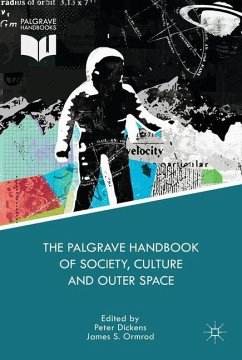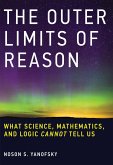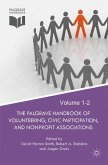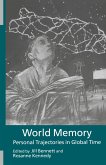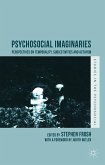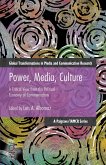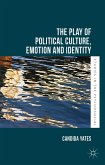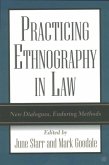Societies have always been formed in a relationship with the rest of the universe. With rapid developments in satellite communications and imaging, space exploration and tourism, military space technology, and cosmology itself, relationships with outer space are changing. These changes have inspired a wave of critical academic work in recent years, re-examining the history, present and future of outer space and the place of humans within it.
This handbook provides an in-depth exploration of major themes relating to society, culture and the universe and will inspire and cultivate debate in this exciting and burgeoning area of study for future researchers and theorists. Bringing together scholarship from a range of disciplines including geography, economics, history, political science, sociology, philosophy, science and technology studies, law, cultural astronomy, anthropology, media studies, literature, psychosocial studies and art, it closely examines how outer space is socially produced, experienced, perceived and imagined, and the significance of this for terrestrial social life.
This handbook provides an in-depth exploration of major themes relating to society, culture and the universe and will inspire and cultivate debate in this exciting and burgeoning area of study for future researchers and theorists. Bringing together scholarship from a range of disciplines including geography, economics, history, political science, sociology, philosophy, science and technology studies, law, cultural astronomy, anthropology, media studies, literature, psychosocial studies and art, it closely examines how outer space is socially produced, experienced, perceived and imagined, and the significance of this for terrestrial social life.
"The volume achieves its purpose of providing an in-depth exploration. It also inspires debate in a field of study that is expanding as humans close the gaps among society, culture, and outer space. Summing Up: Recommended. Lower-division undergraduates through researchers and faculty; professionals." (R. I. Saltz, Choice, Vol. 54 (4), December, 2016)

